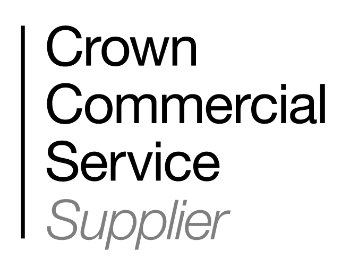There are many SEO tools on the market that do a range of things. This includes a number of free tools that businesses can use themselves to assist them in analysing their website's strengths, weaknesses and their visibility in the search engines.
Open Site Explorer
Open Site Explorer from Moz returns the ranking metrics of a user’s website. Simply entering the website's URL gives you the website's authority and page link metrics. It also gives the metrics of the inbound links to the website. In addition to this, the website's top pages are accessible, as are the URL’s of the domains linking to the website. The tool also shows the anchor text terms that have been used for the links to the website (there is a better tool for this – see Majestic SEO).
Through using this tool you are able to discover how your website compares to that of your competitors or those above you in the SERPs (search engine results pages). In doing so, you are able to analyse what needs to be improved in order to compete with those websites.
For example, if the website above you has 10,000 links from 4,000 domains and your site has 8,000 links from 1,000 domains, you can see that you need to gain more links from different websites. In doing so, the backlink profile becomes more varied, indicating to search engines that the website should be ranked higher.
Textalyser
Textalyser is a very useful tool, it enables users to discover which words and phrases are found on a website or a specific piece of text. You can specify how many words you want to be analysed, and the minimum amount of characters per word. After specifying the options you can find out the density of a keyword and see how many times it appears on the web page. From here you can determine whether the keyword can be repeated more in the text or whether it is used too many times and is negatively affecting the SEO of the website. The tool shows the frequency percentage - many SEO Experts say that keyword density between 2-3% is best for SEO Purposes.
Google Analytics & Google Webmaster Tools
If you have not yet added your website to Google Analytics and Google Webmaster Tools, do it now! Google Analytics is the study of visitors that have come to your site, whereas Google Webmaster Tools is the study of how your site is fairing inside Google’s search engine. Initially, you may be overwhelmed by the mass of data given by the tools, Analytics in particular. After familiarising yourself with the tools you will reap the benefits.
While Analytics will show you the behaviour of people that came to your site from a search query, Webmaster Tools will show you how well your site ranked for that query, how many impressions your site received for the query, and how many click-throughs it received.
Majestic SEO
In many ways, Majestic SEO is similar to Open Site Explorer (OSE). OSE is better for discovering the authority metrics of a URL, whereas Majestic SEO is better for analysing the backlink profile and examining the anchor text. The feature of the tool allows you to establish whether the anchor text used is varied enough. A handy pie chart shows the percentage of terms used (i.e. 10% ‘click here’). This can help you establish whether the anchor text profile may be seen as unnatural, and therefore be something that needs resolving.
It is important for the anchor text to be relevant and highlight what the website is about, thus helping the search engines understand the subject of the websites and improving its ranking for the term. In addition to this, you do not want to use the same anchor text every time as search engines can consider this “spammy”. When using Majestic SEO to analyse the anchor text on the website you want a variety of terms, without any high percentages.
Google AdWords: Keyword Planner Tool
Lastly, Google AdWords: Keyword Planner Tool. Every good SEO campaign starts with keyword research. The data gathered can act as a strong foundation for a successful SEO journey, giving you the opportunity to identify and target the search queries related to your product or service, which users are choosing to type into search engines. You are able to see how many times a keyword is searched per month, and how competitive it is.
The Keyword Planner gives you the opportunity to drill down your search volume to a specific geographic location. As well as being able to see country-wide statistics, you now have the ability to view search volume for specific regions and cities. This is ideal for small or localised businesses.
If you’d like to find out about the services that Moore-Wilson provides, please click here, or contact us to discuss an upcoming digital project.




